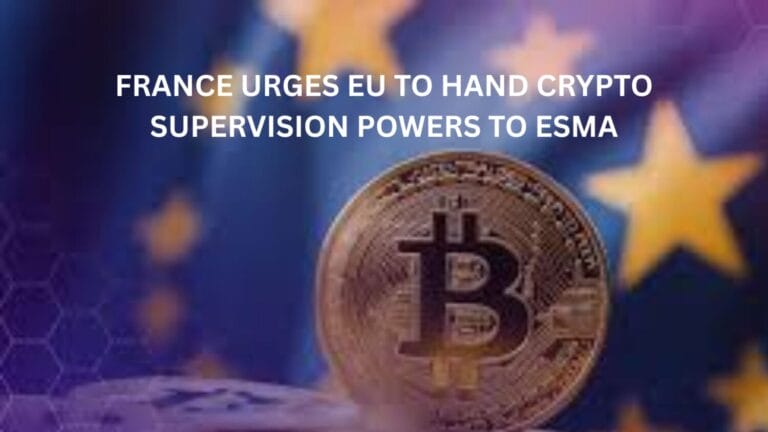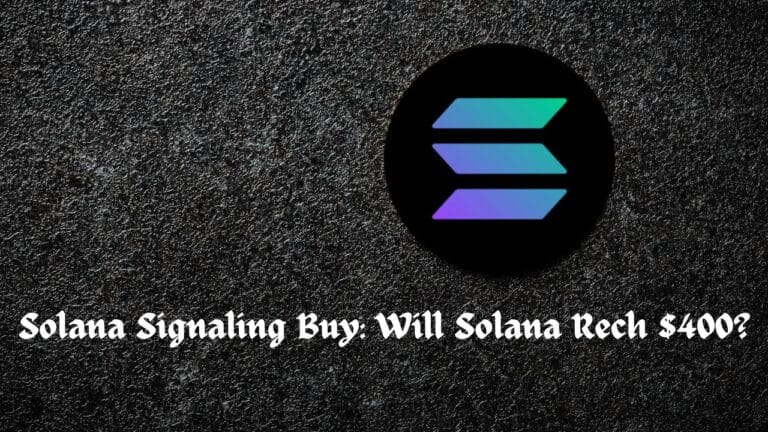Key Takeaways
- The policy grants institutional investors, high-net-worth individuals, and other professionals the ability to access digital assets through local brokers.
- The new rules require securities firms to conduct suitability assessments for clients before allowing them to invest in crypto ETFs.
Taiwan’s Financial Supervisory Commission (FSC) has introduced a new policy allowing professional investors to invest in foreign cryptocurrency exchange-traded funds (ETFs). As per the announcement, the policy grants institutional investors, high-net-worth individuals, and other professionals the ability to access digital assets through local brokers.
However, the FSC has restricted participation to professional investors only, which include institutions and individuals with substantial experience and financial resources.
The new rules also require securities firms to conduct suitability assessments for clients before allowing them to invest in crypto ETFs. This process ensures that investors have sufficient knowledge and expertise in digital assets, with the approval of these assessments required by the firm’s board of directors.
As part of the safeguard measures, clients will be required to sign risk disclosure statements before making their first investment, acknowledging the complexities and risks involved with virtual assets. Securities firms are also tasked with ongoing education for their employees, ensuring they remain informed about cryptocurrency-related products and potential market risks.
The FSC emphasized that it will closely monitor the industry to protect investors and maintain fair practices among Taiwan’s securities firms. The latest development comes amid the Central Bank of Taiwan, stating that developing a central bank digital currency(CBDC) is not a competition, taking a cautious approach adding that the bank is focused on steady progress over speed.
The FSC awarded the country’s first security token offering license to Cathay Securities in November last year, enabling the firm to issue approximately $930,000 worth of tokenized green bonds every six months.










